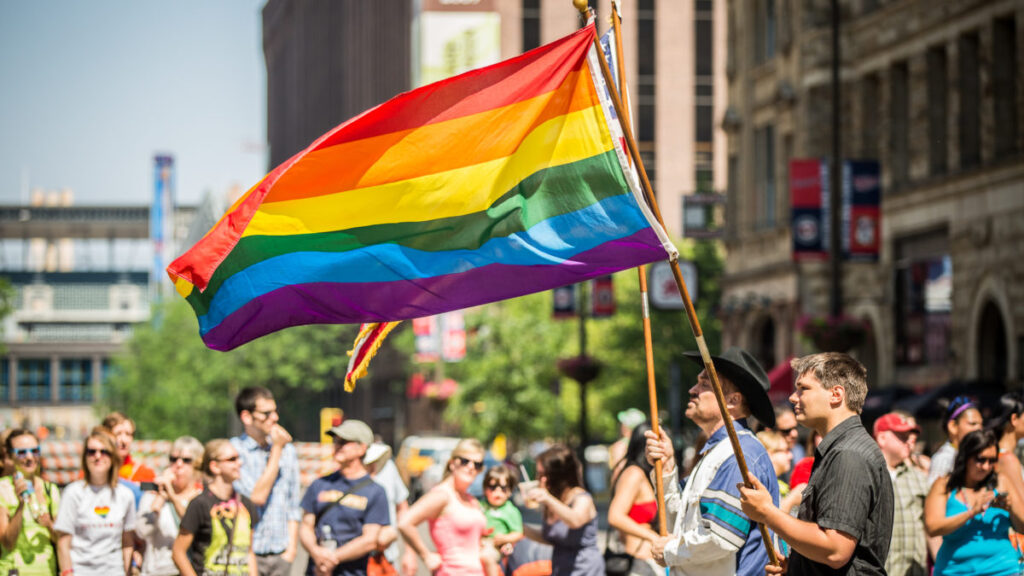There is a stigma associated with those who are labeled as LGBTQ+ and those who suffer from addiction. The stigma can make life a lot more difficult, which can lead to depression, anxiety, and other mental health issues, along with making it more difficult for someone who is addicted to work on their recovery.

When someone is LGBTQ+ and suffers from addiction, it can be incredibly difficult for them to get help and learn how to overcome the addiction.
Getting the Right Help for Overcoming Addiction.
Often, addiction rehab programs are not LGBTQ+-friendly. Many of them are religious-based, which may mean they have preconceived notions about LGBTQ+ people and it may not be a good fit for them as a result. Instead, when someone falls into this group and does need help with their addiction, they will want to find a lgbtq+ friendly addiction rehab program. By looking for one that is geared toward them, they can get help that is catered towards what they go through as a part of this group and their addiction to help further their recovery and get them on a better path moving forward. The difference may mean being able to learn how to move past the addiction versus feeling like they can’t do it.
Dealing with Stress, Discrimination, and More.
Those who are LGBTQ+ often suffer from discrimination and stress related to this. It can impact their mental health as they attempt to live in a world that is not always friendly towards them. This can lead to many turning to addiction. They may start drinking more to cope with the stress or they could turn to drugs as a way to numb the emotions that come with discrimination and the stigma of being a part of this group. If they do, they can find it more difficult to get the help they need to start the journey of recovery because of the stigma associated with being LGBTQ+ and addicted to drugs or alcohol. For those in this group, it can be more challenging to know where they can safely turn for help.
Why it Can Be More Difficult to Recover?
Recovery is never an easy process. It often involves therapy to learn how to deal with stress, trauma, and mental health issues along with rehab to recover from the addiction. The person must learn how to identify and handle their triggers, how to avoid them when possible, and what they can do to avoid relapsing and turning to drugs or alcohol again. For those who are LGBTQ+, this can be more difficult because they may not be able to avoid their triggers. An alcoholic can avoid walking into a bar, but someone who is LGBTQ+ may not be able to avoid discrimination or the stress of having to do things that are easy for those who are not a part of this group. Since it’s more difficult to avoid some triggers, it can be more challenging to recover.
Addiction can impact anyone and help is needed to start the recovery journey. For those who are LGBTQ+, it can be even harder to not only find the right help but also to get through the initial recovery phase and learn how to live their life without turning to drugs or alcohol. Finding the right rehab program is key and could be the answer needed for those who are LGBTQ+ and who suffer from an addiction.